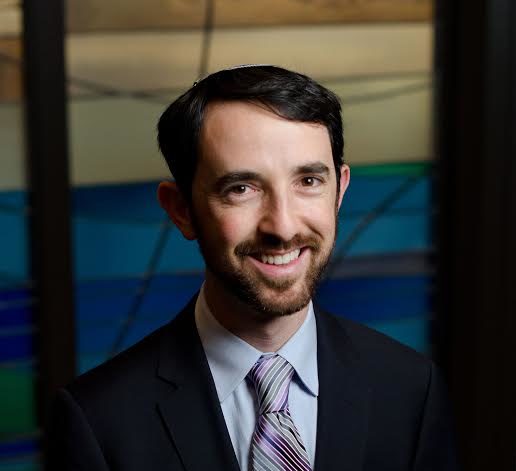Think of all the reasons you can get kicked out of Disneyland: if you are caught cutting in line; if you take video on roller coasters; if you smoke in undesignated areas; if you (an adult) dress up as a Disney character. (I love this last one!) I know that for some people, Disneyland/World are holy places and they would do anything not to lose their status inside the park. To be in Orlando or Anaheim for the sole purpose of seeing the princesses and posing with Mickey and riding the roller coasters, but to be asked to step outside the gates for any reason, could be heartbreaking – both for little kids and for adult fanatics alike.
For the Israelites roaming through the desert those long forty years, the traveling camp became a holy place. With God dwelling in the Mishkan, the holy tabernacle, it was sacred wherever they were along the circuitous route. With that sanctity comes a list of rules for who is righteous and pure enough to be within the camp’s boundaries. Some are asked to leave temporarily for spiritual purposes involving purity of body. They step outside the holy encampment until a priest takes note of ritual wholeness, at which time they are allowed to take steps toward reentry.
But what of those who harm others? This is not simple fluid discharge, as mentioned earlier in the parshah, with a cure coming after merely leaving the camp for a few days, but a severe pox on the soul. The parshah teaches (Num. 5:6), “Ish o isha ki ya’asu mikol hatot ha’adam, lim’ol ma’al b’Adoshem – When a man or woman commits any wrong toward a fellow human, s/he certainly breaks faith with the Lord.” God uses strong language here: by wronging a fellow human being in any way, no matter who the victim is, by treating another person with disdain, it is a breaking of faith with God. Two of the Hebrew words used in the sentence are lim’ol ma’al (למעל מעל) – notice the doubling, the emphasis, on that word. Embezzlement, treachery. The same root is used a few lines later (5:12) to discuss a woman’s possible breaking of faith with her husband. They are strong words that can lead to permanent separation.
When the Torah says to love your neighbor as yourself, people disagree on who your neighbor is. Is it only Jews? Only people who live close by? Not so, we learn this week. It is if we wrong anyone else. Anyone at all. This is very difficult to swallow, because even when we try our best to be good people, when we treat others around us with respect and kindness, are we thinking about the people we will never see?
We know which stores sell us products for the lowest price, and so rarely do we question how it is that this shop can afford to sell tomatoes, pickles, kosher meat for such a reduced rate! We are willing to drive across town if it means that we can cash in on the discount. But to think about it a bit more, there is a reason that it is a dollar cheaper here: people along the supply chain are getting paid lower wages. This is a secretive form of thievery. We are skimming off the bottom, only to hurt those who are far worse off than we are. We are allowing this siphoning to happen just so we can pinch some pennies. We don’t think about it, but we know it deep within ourselves. This is embezzling. Exactly what the Torah warns us about.
We can be better than this. It doesn’t mean that we have to buy the most expensive thing out there, but it does mean doing some research. Were people enslaved so I could get this product? Were they abused? Are they children? (As a starting point for your fact-finding, consider this resource: http://www.verite.org/Commodities). This week the Torah demands of us to know if we are hurting anyone for the sake of convenience. It is not easy, but we can ensure that the tireless workers have a place to turn and someone to support them along the way. That doubled root word – lim’ol ma’al – not only means embezzling, it also means sacrilegious. By not caring about people around the world, God tells us, we are profaning God’s holy name. And we do not want God to lose faith with us over something so easy to fix.
Ari Averbach, a graduate of the Ziegler School of Rabbinic Studies, is the assistant rabbi at Congregation Beth Shalom in Northbrook, IL. He is happiest with his wife Vanessa and daughter Paige.

